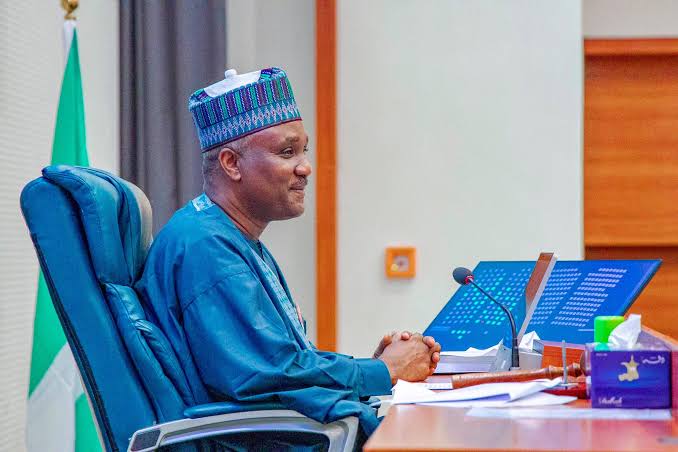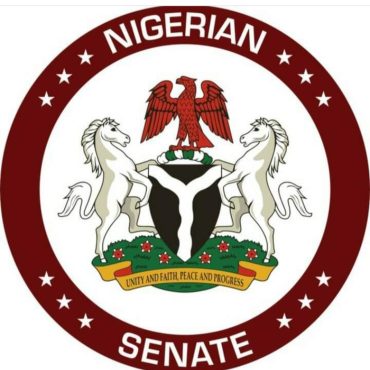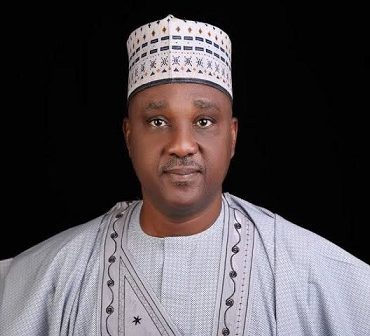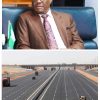Listeners:
Top listeners:
-
play_arrow
Kapital FM 92.9 The Station that Rocks!

Speaker of the House of Representatives has warned that any significant rise in tariff of electricity could have far-reaching consequences for our economy and the livelihoods of the Nigerian people.
The speaker threw his weight behind agitations and concerns raised by Nigerians over the recent increase in tariff, which has led to a series of agitations for reversal across the country.
At a special public hearing on the increase in electricity tariff by the Nigeria Electricity Regulatory Commission, in Abuja, the Speaker who was represented by his deputy, Benjamin Kalu, said the decision to increase the tariff has not been well-received by Nigerians with several people including the organized labour and industry experts voicing strong opposition to this decision.
However, the organised labour, which has been at the forefront of agitation for the reversal of the tariff, was not present at the public hearing.
He said: “The recent decision by the Nigeria Electricity Regulatory Commission to increase electricity tariffs has sparked widespread discontent and apprehension across the nation. The rationale provided for this tariff hike, as outlined by NERC, is to address the industry’s mounting debt and ensure continued functioning of the power sector. ”
“The fears expressed by many are valid – that such a sharp increase in electricity tariffs will only exacerbate the economic hardships already faced by our people. There are genuine concerns that higher utility bills resulting from this tariff hike could have a ripple effect on operational costs for businesses, potentially leading to increased prices for goods and services. ”
“Electricity as we know, is not just a commodity; it is a lifeline for many households and businesses across our nation. Any significant rise in tariffs could have far-reaching consequences for our economy and the livelihoods of our people. ”
“Therefore, it is essential that we carefully assess all factors before making any decisions that may affect the affordability and accessibility of electricity for our citizens. It is imperative that we engage in constructive dialogue to address these issues and ensure that any adjustments made are fair, transparent, and ultimately beneficial to all parties involved.
“As representatives of the Nigerian people, it is our duty to carefully consider the implications of such policies on our constituents’ well-being and livelihoods. Our goal is to ensure that any adjustments made to electricity tariffs are fair, equitable, and ultimately beneficial to all stakeholders involved. ”
The Speaker emphasized the importance of engaging in wider consultations with all relevant stakeholders before any tariff adjustments, stressing that this approach aligns with Section 33 of the Electricity Act 2024, which mandates a just and fair electricity price regime.
He also stressed the urgent need to address critical issues within the electricity value chain that contribute to technical and commercial losses, which ultimately serves as a burden to consumers who are indirectly compelled to bear these costs.
The Speaker called for constructive dialogue from stakeholders and provided valuable insights that will guide the House in finding a balanced solution to this pressing issue.
He stressed the commitment of the House to working closely with the executive to transform the Nigerian power sector into a model of efficiency and sustainability as outlined in our Legislative Agenda, while also pledging to provide legislative support to the efforts of President Ahmed Bola Tinubu’s Administration in reforming the power sector.
Chairman of the Committee, Victor Nwokolo said since the decision of the Nigeria Electricity Regulatory Commission announced an increase in electricity tariff from N64 to N225 per kilowatts, the Committee has received a lot of complaints about misgivings on both the process and the substance of the regulatory action of NERC.
According to him, many of the complaints relate to the lack of consultation by the regulator as required by law before approving the increase. Others relate to the lack of 20 hours of electricity supply as promised by the regulator, which has not been delivered.
Nwokolo stressed that as representatives of the people the parliament is committed to take up these complaints and ensure that the Minister, the regulator and the operators provide the needed information for them to report to the plenary on how legal, rational and reasonable all parties have exercised their mandates.
Oduyemi Odumade, Edited By Grace Namiji
Written by: Safiya Wada
#kapitalfm92.9 Consequences On Economy - Tajudeen Hike In Electricity Tariffs
Similar posts
Recent Comments
No comments to show.-

DayBreak on Kapital Show
With Ife and Bendodo
Welcome to our extraordinary breakfast show, where the sun has just begun to peek over the horizon, and the world is ripe with endless possibilities. From the early hours of 5AM to 10AM on weekdays, we invite you to indulge in a symphony of captivating content that will set the perfect tone for your day.
close Top popular
Chart
-
-
play_arrow
Sunshine Tommy Blues
-
play_arrow
-
-
play_arrow
Red Frank Lee
-
play_arrow
-
-
play_arrow
Eclipse Donna May
-
play_arrow
-
Copyright Kapital FM 92.9 Abuja - The Station that Rocks!









Post comments (0)